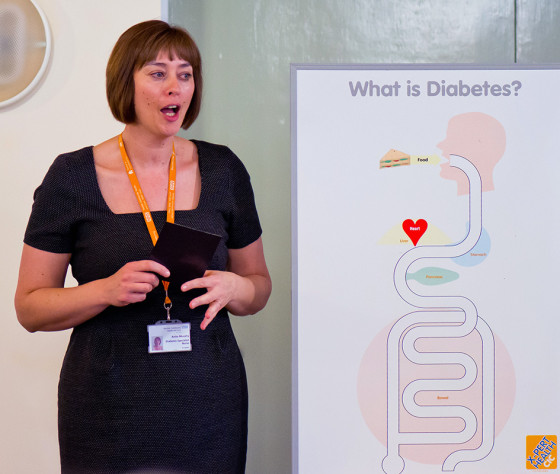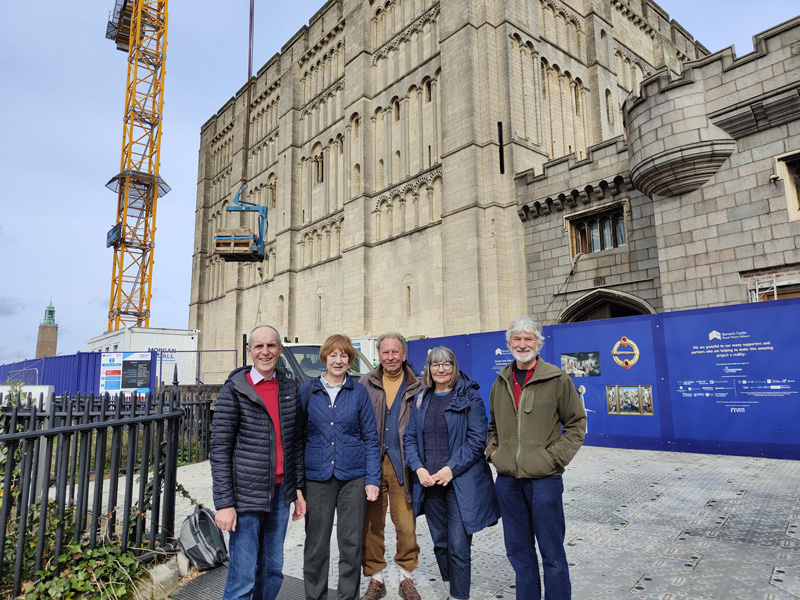Diabetes Awareness Week: June 9-15
An expert diabetes nurse in Norfolk has taken on a new role to help diagnose patients with a rare form of diabetes.
Anita Murphy, Diabetes Specialist Nurse with Norfolk Community Health and Care NHS Trust (NCH&C), has taken on the additional role of Genetic Diabetes Nurse for East Anglia.
In this position, she is working alongside GPs and other clinicians across Norfolk, Suffolk and Cambridgeshire to identify patients who may have monogenic diabetes, or MODY, so that their condition can be managed more effectively.
The announcement comes during Diabetes Awareness Week, which runs June 9-15.
“MODY is very rare and only affects 2% of the diabetic population,” said Anita, whose post has been seconded by the Peninsula Medical School in Exeter. “Yet 90% of those people are currently misdiagnosed as having type 1 or 2 diabetes.”
Anita explained that correctly diagnosing people with MODY could mean changes can be made to how their condition is managed. “If we can correctly diagnose MODY, we can potentially make significant changes to their treatment, including stopping insulin therapy. This can make an enormous difference to patients,” she said.
Patients with MODY tend to include people who:
- were diagnosed with diabetes before they were 25
- are not insulin dependent
- have a parent with diabetes
People who suspect they may have MODY, or another form of diabetes, should contact their GP for advice. Where appropriate, GPs can call on Anita to help make a diagnosis of MODY.
Background on diabetes
Around 31,000 people in Norfolk have diabetes, with around 2,300 more people diagnosed locally each year. Around 2% of people with diabetes have MODY, while the remaining 98% have one of the two main types of diabetes:
Type 1 diabetes develops when the body’s immune system attacks and destroys the cells that produce insulin. Type 1 diabetes is less common than Type 2, making up around 10% of all diabetes cases nationally. It is usually diagnosed before the age of forty, with people likely to need insulin treatment for life.
Type 2 diabetes develops when the body does not produce enough insulin to maintain a normal blood glucose level, or when the body is unable to effectively use the insulin that is being produced. Type 2 diabetes accounts for around 90 percent of people with diabetes and is often linked with other conditions, such as obesity or high cholesterol.










